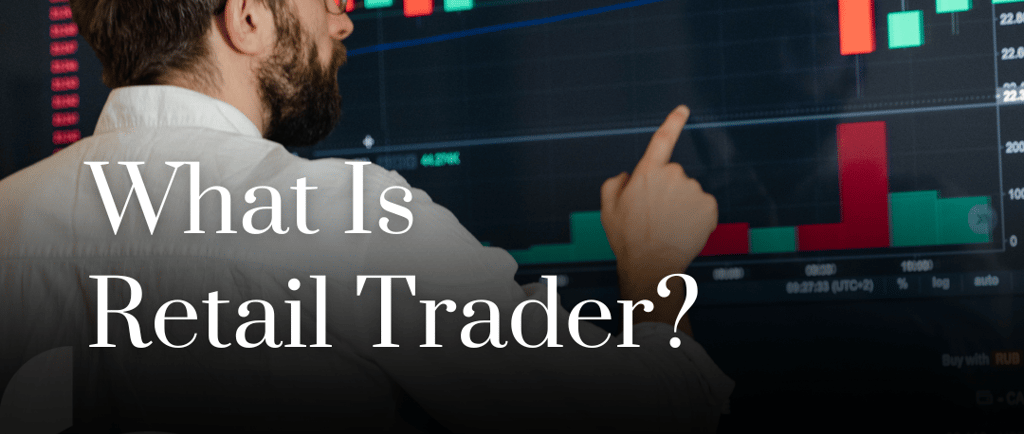WHAT IS RETAIL TRADER
What is Retail Trader explains the concept of retail traders in the financial market. Learn the differences between retail traders and large institutions, as well as how they engage in forex, stock, and commodity trading. Gain an understanding of the strategies, risks, and opportunities faced b
NUSANTARA INSIGHT
Platinum Sponsor Nusantara Global
1/15/20252 min read


A "Retail Trader" refers to an individual involved in trading financial assets such as stocks, forex, or commodities directly, typically through online platforms.
Retail trading has become increasingly popular, offering more individuals the opportunity to participate in financial markets in an easier way. In the past, only large companies and professional traders had access to financial markets, but now anyone can manage their finances independently. With the advancement of technology, online brokers and sophisticated trading platforms make it possible for anyone with a smartphone or computer to access global financial markets with just a few clicks.
One of the main reasons retail trading is gaining popularity is its accessibility. Previously, only those with substantial capital and close connections with brokers could trade in financial markets. Now, anyone can start trading with small capital. Many online brokers now offer commission-free trading, making it more user-friendly and easy to begin. Additionally, retail trading gives traders full freedom to make their own decisions without relying on financial advisors. Traders can choose when and how to trade, according to their strategies and personal financial objectives.
With online platforms, traders now have access not only to local markets but also to global markets. This includes forex, commodities, cryptocurrencies, and international stocks. This global access opens up more opportunities for portfolio diversification and the potential for higher returns. Furthermore, for beginners, there are many educational resources like tutorials, webinars, and guides to help understand the basics of trading. Online communities are also active in sharing experiences and useful tips for developing trading strategies.
Although retail trading offers many opportunities, it also comes with risks. The potential for significant profits is indeed there, but the risk of losses is high. In the world of trading, emotions often influence decisions, especially when facing significant profits or losses. Therefore, discipline is key to success. Traders need to stick to their planned trading strategies and avoid impulsive decisions based on emotions. Risk management is also crucial in retail trading. It’s important to protect capital by setting stop-loss limits and diversifying investments across various markets to better manage risk.
Overall, retail trading provides a great opportunity for individuals to manage their finances and make profits in the financial markets. Although there are risks to consider, with the right knowledge, strong discipline, and smart risk management, anyone can succeed. With rapid technological developments and more opportunities emerging in the market, the future of retail trading looks bright and full of potential.


